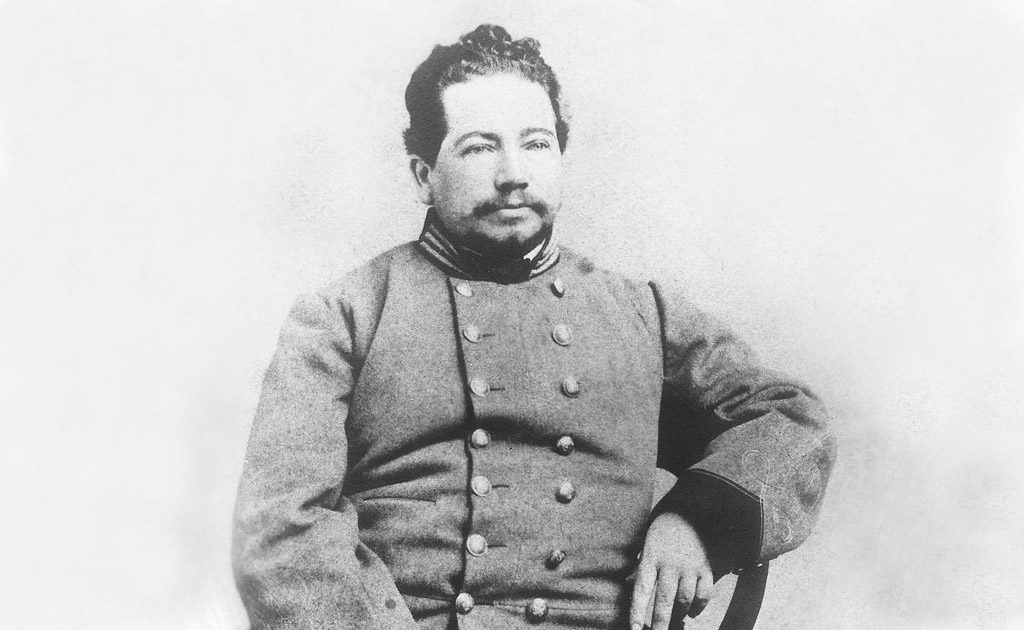James Petigru Boyce, Southern Seminary’s co-founder and first president, was born into a family that thought carefully about money. His father, Ker Boyce, was a shrewd businessman of Irish descent who had cut his teeth in financial expertise as a tax collector in South Carolina’s Newberry District before becoming a bank president in the early 19th century. Ker Boyce’s defining moment as a financial entrepreneur came during a panic in 1825 that threatened to crush the local cotton industry. While other banks closed fearing insufficient funds to cover their large advances to planters, Boyce leveraged an accumulated $50,000 in requisition to save his business and inspired sufficient confidence in other financiers to weather the storm.[1] Comparable to a real-life version of George Bailey from It’s a Wonderful Life, Ker Boyce’s prudence and perseverance earned him a high reputation with his business partners.

As a youth, James Boyce stayed close to his father, often traveling into town together so that he could check out a pile of books from the Charleston Library while his father attended to banking duties.[2] He also took advantage of the privileges available to him through his father’s patronage of Charleston’s great institutions, one of which was membership in the Charleston Library Society.[3] Library access allowed Boyce to read hundreds of books despite the fact that he did not have the funds to start a personal library until after his college graduation.[4]
After a brief stint as editor of a Charleston Baptist newspaper, Boyce attended Princeton Seminary to strengthen his educational acumen, but he left prior to graduation in order to pastor the First Baptist Church of Columbia, South Carolina. In addition to his preaching and pastoral service to the congregation, Boyce put his financial prudence to use by leading a campaign to construct a new worship house. Even after resigning the pastorate, he pledged $10,000 from his personal reserve provided the church could raise an additional $15,000, a decision which spurred other churches across the state into greater giving.[5]
Perhaps the most difficult chapter of Boyce’s life prior to his founding of Southern Seminary was the heavy burden which fell upon his shoulders in 1854, when his father passed away after an apparent cardiac attack while visiting him in Columbia. Boyce became executor chief responsible for his late father’s estate, which made him more wealthy but also bound him to the work of designating inheritances between Ker’s seven children and other connections. The specifications of Ker’s will were complex in detail, as he had owned stock holdings, outstanding loans, and properties in multiple states. Boyce continued to pay out distributions and interest on investments (sometimes hundreds of thousands of dollars annually) until 1886, two years before his death.[6]
Boyce opposed the Confederacy’s secession from the Union because he believed it would bring about the financial ruin of the Southern states and their institutions.[7] In that regard, he was correct; though he served as a Confederate chaplain, his own personal fortunes suffered greatly as a result of the Civil War and its aftermath. The seminary’s endowment was also wrecked, and Boyce spent much of his next two decades traveling extensively to find willing donors for the institution. Even periods of financial strain did not prevent Boyce from being a generous giver, and, by some assessments, he might have given away more money in the service of others than he had spent on his own family’s interests.[8]
Throughout his life, Boyce handled large financial trusts with faithfulness and prudence. Though he attended to the needs of his own nuclear family, he was often responsible for stewarding over money for extended family and institutions such as Southern Seminary. Boyce’s trustworthy reputation for handling money instilled confidence with many other benefactors of the seminary that their contributions would be put to good use in service of Christ’s kingdom.
The James P. Boyce Papers and Boyce’s personal books are accessible in the Archives and Special Collections office on the second floor of the James P. Boyce Centennial Library.
[1] John A. Broadus, Memoir of James Petigru Boyce (Louisville: Baptist Book Concern, 1893), 7–8.
[2] Ibid., 18.
[3] Thomas J. Nettles, James Petigru Boyce: A Southern Baptist Statesman (Phillipsburg, NJ: P&R Publishing, 2009), 36.
[4] Broadus, Memoir of James Petigru Boyce, 20–21.
[5] Nettles, James Petigru Boyce, 101–102.
[6] Ibid., 102-106.
[7] Ibid., 186, 532.
[8] Ibid., 533. Broadus, Memoir of James Petigru Boyce, 174–75, 362.
Any historical record of the founders of the Southern Baptist Convention, and The Southern Baptist Theological Seminary, is incomplete without an honest telling of their complicity in American slavery and racism. For more on that story, read here.




